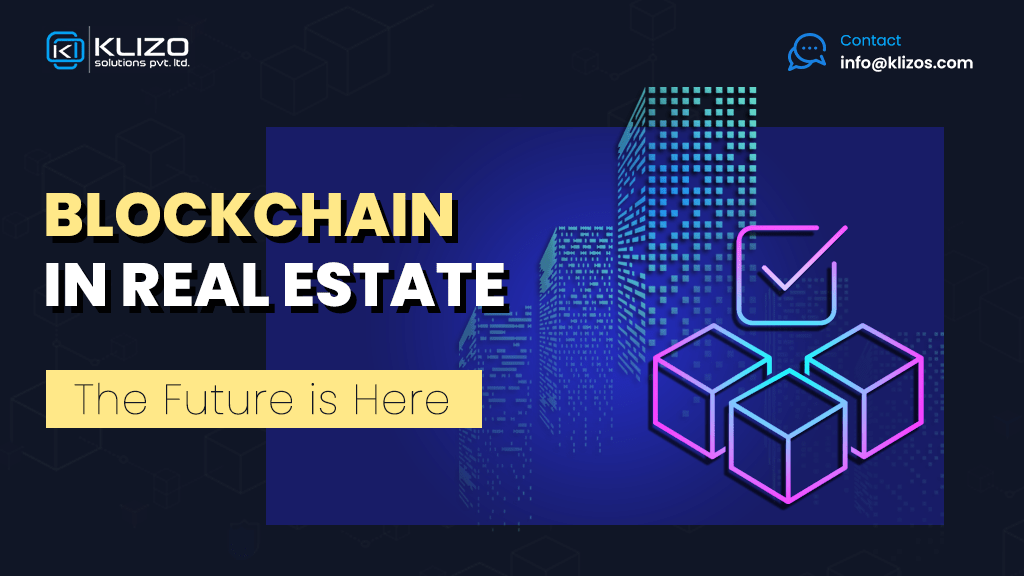
Decentralizing Real Estate: Blockchain Platforms Revolution
Blockchain technology is reshaping the real estate industry, introducing transparency, efficiency, and security. In this exploration of blockchain-based real estate platforms, we delve into how this revolutionary technology is transforming traditional property transactions.
Ninth World Hub: Pioneering Blockchain Real Estate
Discover the forefront of blockchain real estate at Ninth World Hub. As a hub committed to showcasing innovative technologies, Ninth World Hub exemplifies how blockchain-based real estate platforms are revolutionizing the way properties are bought, sold, and managed. Visit Blockchain-Based Real Estate Platforms at Ninth World Hub to witness the cutting-edge advancements in the real estate landscape.
Transparency through Smart Contracts
Smart contracts, powered by blockchain, are a cornerstone of transparency in real estate transactions. These self-executing contracts automatically enforce and verify the terms of an agreement. This eliminates the need for intermediaries, reduces the risk of fraud, and ensures that all parties involved have a transparent view of the transaction process.
Tokenization of Real Assets
Blockchain enables the tokenization of real estate assets, dividing properties into digital tokens that represent ownership. This fractional ownership model opens up new possibilities for real estate investment, allowing individuals to invest in portions of high-value properties. Tokenization enhances liquidity, making real estate investment more accessible to a broader range of investors.
Immutable Property Records
Blockchain’s immutability ensures the integrity of property records. Once information is recorded on the blockchain, it cannot be altered or tampered with. This feature eliminates the risk of fraudulent activities such as title fraud and unauthorized changes to property records. Immutability instills trust in the accuracy and permanence of real estate data.
Decentralized Property Management
Blockchain-based platforms decentralize property management, distributing control and decision-making across a network. This shift reduces reliance on a central authority, minimizes the risk of single points of failure, and empowers property owners with greater autonomy over their assets. Decentralization enhances the efficiency and responsiveness of property management processes.
Enhanced Security and Data Protection
The security features of blockchain contribute to enhanced data protection in real estate transactions. By encrypting and securing information in decentralized ledgers, blockchain mitigates the risk of data breaches and unauthorized access. This level of security is particularly crucial in real estate, where sensitive personal and financial information is involved.
Streamlined Real Estate Transactions
Blockchain streamlines the real estate transaction process, reducing the time and complexity traditionally associated with property deals. From due diligence to the closing process, blockchain-based platforms facilitate faster and more efficient transactions. This not only benefits buyers and sellers but also contributes to a more dynamic and responsive real estate market.
Global Accessibility and Inclusivity
Blockchain technology transcends geographical barriers, fostering global accessibility and inclusivity in real estate investments. Investors from anywhere in the world can participate in tokenized real estate projects without the limitations of physical proximity. This democratization of real estate investment opens doors for a more diverse and global pool of investors.
Efficient Cross-Border Transactions
The decentralized nature of blockchain facilitates cross-border transactions in real estate. Transferring property ownership or conducting transactions across different jurisdictions becomes more efficient and cost-effective. Blockchain’s ability to operate seamlessly across borders reduces friction in international real estate dealings, opening up opportunities for global property transactions.
Challenges and Regulatory Considerations
While the benefits of blockchain in real estate are substantial, challenges and regulatory considerations exist. Regulatory frameworks need to evolve to accommodate blockchain-based transactions. Additionally, addressing concerns related to privacy, standardization, and interoperability is crucial to the widespread adoption of blockchain in the real estate sector.
Conclusion: A Paradigm Shift in Real Estate
In conclusion, blockchain-based real estate platforms represent a paradigm shift in the industry. From transparency and efficiency to global accessibility, blockchain is revolutionizing how real estate transactions are conducted. Explore the transformative potential of blockchain in real estate at Ninth World Hub and witness how Blockchain-Based Real Estate Platforms are shaping the future of property transactions.
